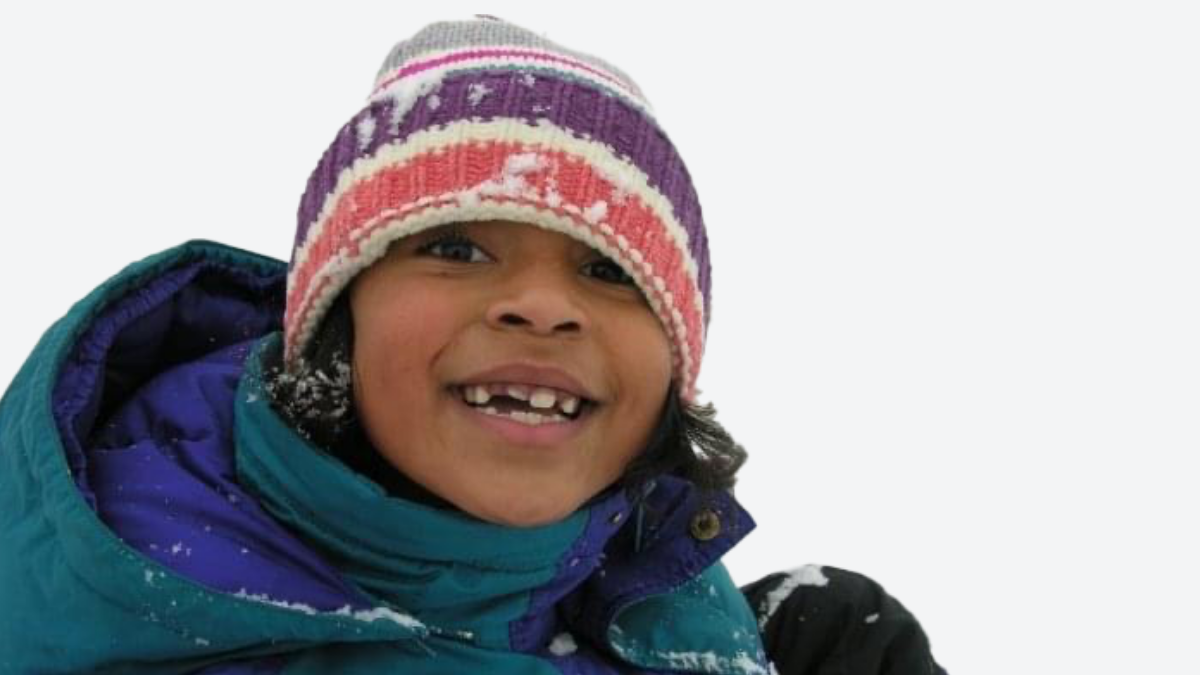Now that the days are getting shorter, they are also getting cooler. Winter is around the corner and before you know it, there will be frost on the grass and snow in the forecast. Whether you love the colder winter months or just hibernate until spring, winter will be here, and you need to be prepared. This could mean winterizing your home or business, checking your first aid kit ahead of any blizzards, or ensuring you have enough blankets and warm weather clothing in case of any weather-related emergency.
For those dealing with housing insecurity, the impending colder weather is of even more concern. During the harsh winter months, the homeless not only struggle with necessities like food and water, but they also have to find warm clothing to keep themselves protected from freezing temperatures and snowy weather.
According to Endhomelessness.org, in January 2020, “there were 580,466 people experiencing homelessness in America.” No state is immune from the problem and while the majority of homeless are individuals, a significant number (30%) are families with children. This was the last time comprehensive statistics on homelessness in the United States were recorded. Then Covid hit.
Covid has (likely) made homelessness worse.
When news of an impending worldwide pandemic first hit the airwaves, no one knew how bad it would be or how long it would last. But as those first few weeks of shutdowns and closures extended into months, businesses all over the country (and much of the world) began to suffer. From restaurants to specialty shops to travel and tourism businesses, people began losing pay and losing jobs. Unemployment grew exponentially and, in all likelihood, so did homelessness.
There is not yet data to “reflect shifts in homelessness that may have occurred because of steps taken to address COVID or elevated unemployment rates tied to the pandemic or the recession.” Yet, we do know that 2020 saw a rapid increase in evictions in cities all over the U.S. from Phoenix to Houston to Memphis. The United Way writes, “…this surging number of evictions led to a federal order to temporarily halt residential evictions to prevent the spread of COVID-19. However, for many landlords, the order created a financial burden of housing renters with no payments.”
Homelessness this winter continues to be a valid and significant concern for most states. Shelters and nonprofits will be looking for donations and any help businesses and individuals can provide. Here are a few ways you can help your community.
Volunteer at your local food bank or shelter.
We often feel compelled to give money to those in need and while monetary donations are almost always most certainly welcomed, don’t underestimate the value of your time as well. As the holidays approach, many shelters and food banks become inundated with seasonal donations. Help them distribute and sort donations so that everyone who needs, gets.
Or, volunteer to serve meals to those in need. A friendly smile and chat can make those who are experiencing homelessness or housing insecurity feel valued and warm. Sometimes it’s more about how we treat people than what we can give. Paying it forward doesn’t have to mean donating “stuff,” it can also come from extending kindness and compassion.
Organize a donation drive.
One of the easiest and most effective ways to help your community is to organize a donation drive for the most needed winter items. Whether you’re a small business, school administrator or helper, or an individual, consider organizing a donation drive.
Call your local shelters or homeless outreach team to see which items are most in need. Otherwise, you can be sure that during frigid winter months, these items will always be welcomed: travel-size toiletries, blankets, winter wear, and socks. DollarDays can help with quality wholesale winter essentials at excellent prices. We’ve also got donating tips and ideas to help you organize your donation drive — like our easy to complete Wishlist.
Because it’s not just adults who experience homelessness, there is also a real need for family items like children’s clothing, and even toys, games, and books to keep sheltered kids occupied. You can also donate baby items to families in need like diapers and wipes, clothes, and shoes.
Make a plan to help throughout the winter months.
Because winter first hits as the holiday season approaches, many businesses and individuals tend to be generous with their donations during this time. However, in many parts of the country, winter drags on for months into the new year. This year, instead of making a one-time holiday donation, make a plan to give a little throughout the entire winter season.
Even as more and more people become vaccinated, masking up in public is not likely to disappear anytime soon. Masks not only help in the current Covid crisis but can also help the spread of the seasonal flu. Consider a once or twice a month donation of masks and other PPE. Donate personal care items on an ongoing basis or make a plan to check in with your local shelters or nonprofits at the start of January, February, and March to see what they need.
Although giving to a shelter is always a good idea, consider other donation centers, as well as many homeless, who don’t go to shelters. According to Nationalhomelessness.org, “few communities have city-wide cold-weather response plans, and many of the plans currently in place leave gaping holes inaccessibility.” You can contact your local authorities or other homeless outreach organizations for help in getting your donations into the hands of those who need them most.
Homelessness is an issue that takes combined effort to help. There is no one easy solution but empathy and awareness can help. There are steps you can take today to help this problem. DollarDays is committed to partnering with communities to make a difference and lend a helping hand.
Source: https://nationalhomeless.org/category/awareness/page/15/
